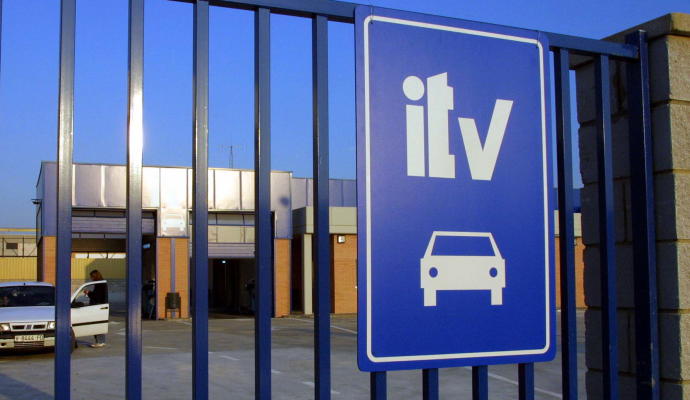 Monday May 21 marks the start of the new rules approved by the Spanish Government for the Technical Inspection of Vehicles or ITV (equivalent to the British MOT). The objective is to adapt testing to European Union guidelines, as well as to review more elements and factors so as to achieve more efficient vehicles and also to detect possible frauds.
Monday May 21 marks the start of the new rules approved by the Spanish Government for the Technical Inspection of Vehicles or ITV (equivalent to the British MOT). The objective is to adapt testing to European Union guidelines, as well as to review more elements and factors so as to achieve more efficient vehicles and also to detect possible frauds.
Although the Decree Law for these modifications will come into effect on May 20, the new control methods will be applied gradually and will not mean any increase in the price paid for carrying out the inspection.
Control by the on-board computer
A diagnostic device that will be connected to the on-board computer will be responsible for controlling both the gas emissions and the electronic safety systems of the vehicle. The objective of this new tool is none other than detecting manipulations in terms of emissions and increasing the safety of vehicles that increasingly include more electronic control elements, which must be revised.
In the case of the control of polluting gases, the results will not be binding until September 10, but as of that date the existence of an error in the reading will suppose a serious deficiency.
From today it will be possible to pass the second ITV, which must be done if the first is failed or can not be completed, in another testing centre that is within the national territory. This must be done within one month without incurring any additional expense.
Another novelty will be the option of booking the inspection up to a maximum of one month earlier than the already established renewal date.
Changes for imported vehicles and ‘historical’ classic cars
In the case of cars purchased in other EU countries, it will no longer be necessary to carry out an inspection in Spain as a step prior to their registration. The new ITV will validate certificates from other member states and the control will only consist of a verification of the documentation.
Drivers can request historical registration, which entails special conditions at the time of inspection and tax reductions, once the car is more than 30 years since its original registration, instead of the 25 that currently applies.
Another new feature will affect rental vehicles, which must be reviewed every four years instead of every two.
Source: La Provincia










